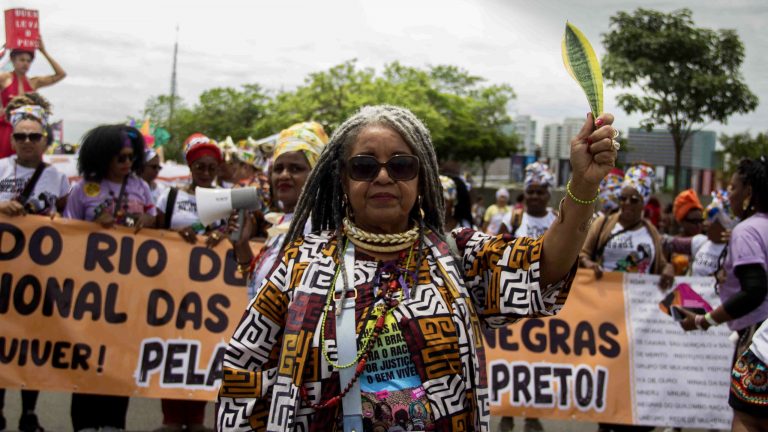Over 300,000 Marched In The Black Women’s March In Brasilia
From all over the country and from more than 40 nations, Black women began to arrive in the federal capital last week for one of the most important political mobilizations of the decade. This new edition of the National Black Women’s March brought not only the symbolic weight of memory, but also the affirmation that the historical moment calls for more protagonism, more confrontation of institutional racism, more public policies, and more spaces in power for those who sustain the country and continue to be most affected by inequalities.















